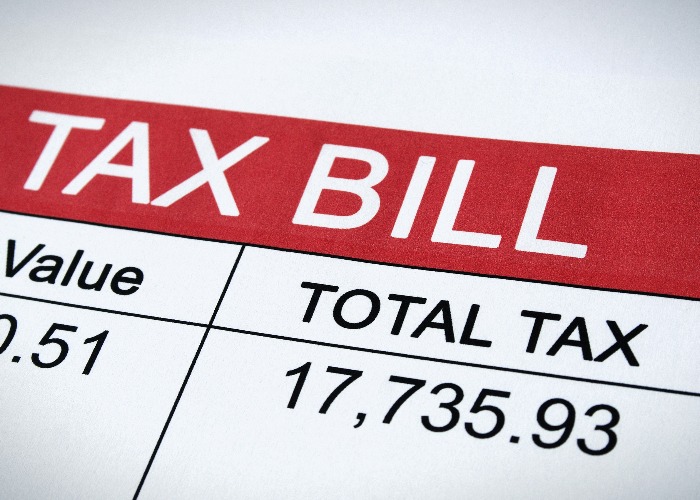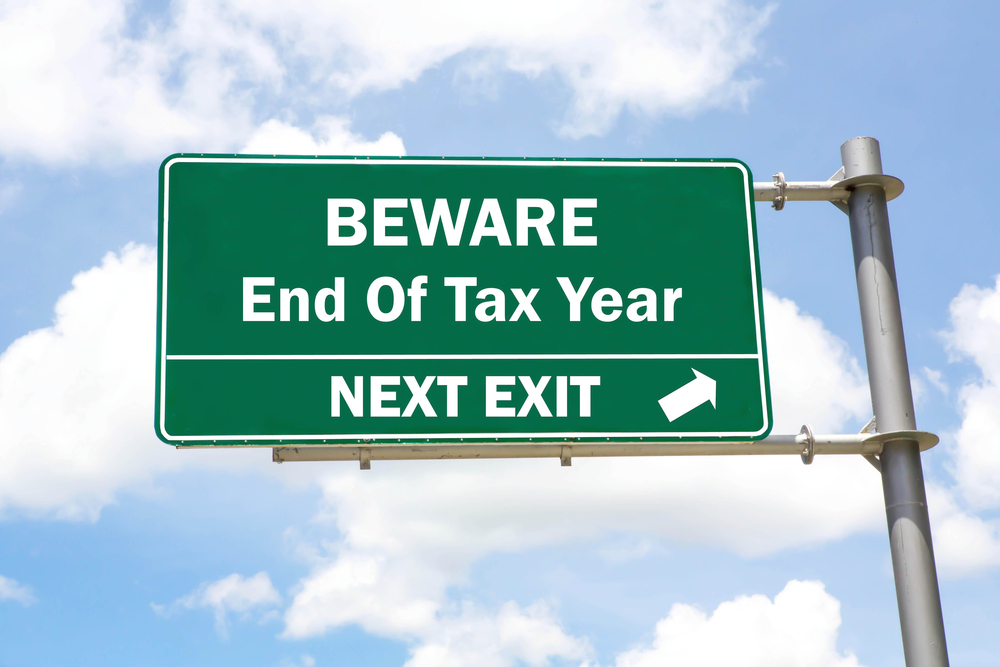Pension freedoms: pay in March to avoid tax overpayment error

This clever workaround from a loveMONEY reader will prevent the taxman from wrongly overcharging you when you make a withdrawal.
Every penny counts when it comes to your pension.
The reason so many of us squirrel away cash every month is so that when we are unable to work any more, we don’t have to worry about how we are going to pay for our food or our heating or even the odd trip abroad.
Which is why it’s so upsetting when pension savers end up being wrongly and unfairly hit with bills or charges.
And yet that is exactly what is happening with the way that pension withdrawals are being taxed.
Get impartial pension advice with Profile Pensions
The absurd pension tax
Every year thousands of pension savers are being wrongly taxed based on the cash they withdraw.
We’ve written about this issue repeatedly, most recently last month, which has been caused by the tax system failing to adapt to the pension freedoms.
If you tap into your pension pot to withdraw a lump sum, the taxman isn’t particularly on the ball at viewing it as a one-off.
Instead, they assume that you have apparently landed a new high-paying gig and that this will be your ongoing monthly income.
So for example, let’s say that you dip into your drawdown pension and take out a lump sum of £10,000, perhaps because you are finally getting a new bathroom installed.
For some reason, HM Revenue & Customs (HMRC) then assumes this will be your monthly income for the rest of the year, so you end up being taxed at the highest Income Tax rate, which may not be accurate.
To get your money back, you have to request to have that overpaid tax returned.
According to the latest figures from HMRC, a little under £40 million was repaid to taxpayers affected by this bungling system between July and September alone.
And given the fact that many people only put in their request for tax to be repaid at the end of the tax year, it’s likely this isn’t a great reflection of just how many savers are being overly taxed through no fault of their own.
Helen Morrisey, pension specialist at Royal London, rightly described the current farce as “absurd” given the pension freedoms have been in place for years and yet the taxman still hasn’t come up with a way of rectifying the problem.
New to investing? Learn how to get started with Hargreaves Lansdown
How to beat the tax bill

However, there is a smart little trick which means you can sidestep HMRC’s clunking processes, which was brought to our attention by loveMONEY reader Mike Cunliffe.
It comes down to playing the system a little, and by only accessing the money in your pot at a particular point of the year.
Let’s say that I wanted to withdraw £10,000 from my pot to give to a loved one to top up their housing deposit.
If I took that money out in June, then HMRC’s assumptions would kick in ‒ they would assume I would be bringing in my existing salary plus £10,000 a month for every month until the end of the tax year.
And as a result, I’d end up paying a significant amount of unnecessary tax.
But instead, let’s say that I put off that withdrawal until the following March.
March is the final payroll month of the tax year, so the HMRC’s incorrect assumptions about my ongoing salary wouldn’t matter ‒ it would know precisely how much I had earned over the tax year and so would tax me accordingly.
And then in April, my income returns to its normal level, so the taxman can once again get my tax bill right.
Get impartial pension advice with Profile Pensions
The price of being organised
It’s a clever little workaround to ensure that you don’t end up paying more than you need to or have to go through the rigmarole of filling out forms to ask for your money to be returned.
But there’s no escaping the fact that it’s an inconvenient way of managing your affairs.
It takes some serious organisation of your finances to work out not only how much you could conceivably need for various extracurricular projects over the year, but to also then withdraw that cash in March each year.
That may be fairly simple if you’re only thinking about yourself and your own projects, that new bathroom or the big holiday you were hoping to go on (assuming those are ever allowed again).
But it makes it awfully difficult to act with any spontaneity.
Take our example earlier, of the person who wants to hand some cash to a loved one to help them buy a house.
That’s great if their house hunt coincides with the one month of the year that you can withdraw money from your pension without worrying about the taxman’s inability to get its sums right.
However, it’s not so good if they start that house hunt in April or May, or suddenly find the perfect property and need that financial support quickly in order to secure it.
I don’t know about you, but that form of restriction on when you can get the money out of your pot properly doesn’t feel too much like ‘freedom’ to me.
New to investing? Learn how to get started with Hargreaves Lansdown
*This article contains affiliate links, which means we may receive a commission on any sales of products or services we write about. This article was written completely independently.
Comments
Be the first to comment
Do you want to comment on this article? You need to be signed in for this feature